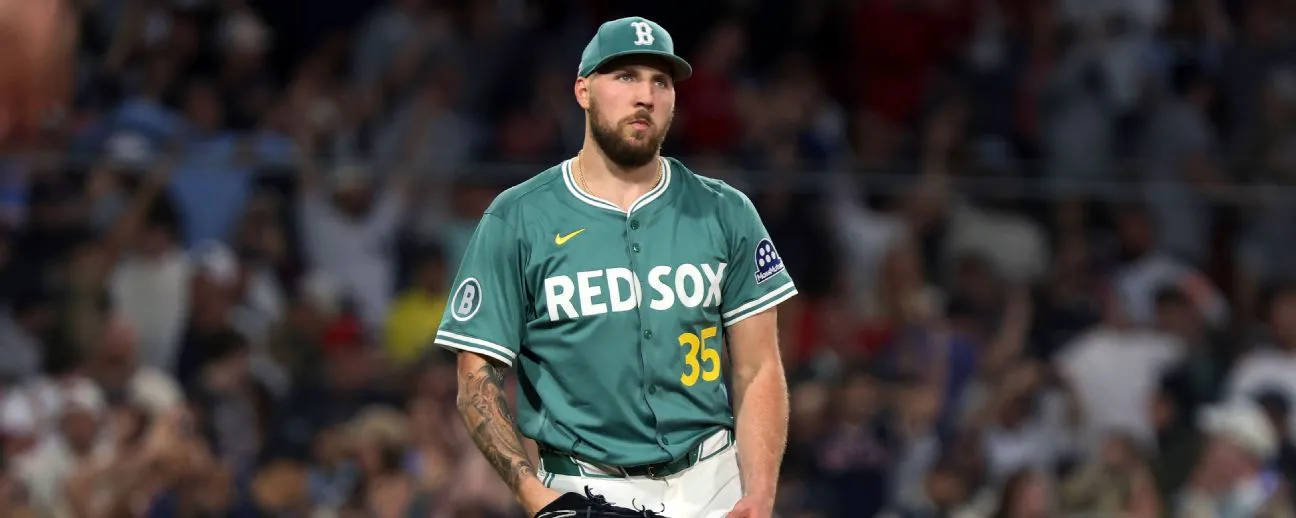Fenway Magic: Yankees and Red Sox Serve Up Unforgettable Moments
In the realm of Major League Baseball, few rivalries hold as much weight as that of the New York Yankees and the Boston Red Sox. These two storied franchises have been embroiled in fierce competition for over a century, and their encounters are often loaded with intensity, drama, and unforgettable moments. The latest match-up at Fenway Park this past weekend was no exception, delivering a thrilling display of athletic talent, strategic brilliance, and emotional high stakes.
A Night Filled with Drama
As the lights dimmed over Fenway Park, the air was chilled, filled with anticipation and the scent of popcorn and peanuts. Fans clad in red, white and blue cheered fervently, their voices echoing through the historic ballpark. In the stands, a palpable energy reminded spectators that this was not just any game—it was the continuation of one of baseball’s most enduring rivalries.
On the mound for the Yankees was a talented pitcher well-acquainted with the pressures that come with playing in such high-stakes situations. Opposing him was one of the Red Sox’s most pivotal players, ready to capitalize on any mistake that could provide his team with a much-needed edge. Indeed, this clash was not just about numbers and statistics; it was about pride, tradition, and legacy.
Crochet Reflects on the Moment
In the heat of battle, one critical moment overshadowed all others—a high-stakes pitch thrown to Yankees superstar Aaron Judge, who famously rocketed it into the night sky for a resounding home run. After the game, Red Sox reliever Garrett Crochet addressed the media, displaying a mix of resolve and candid emotion. He was questioned about the indelible moment—to which he replied, “I have no regrets on the HR pitch to Judge.”
Crochet, known for his determination and fierce competitiveness, said that while allowing a home run is always disappointing, he would not second-guess his approach. He elaborated, stating, “You can’t pitch scared, especially against a player of his caliber. I have to challenge him. That’s what I did.” This mentality illustrates the essence of baseball as a sport characterized by both strategy and psychological resilience.
The Strategic Prowess of Alex Cora
Despite the setback from Judge’s home run, the Red Sox emerged victorious on that night, and manager Alex Cora was quick to identify the key factors that contributed to their win. Cora emphasized that beyond simple statistics, several underrated aspects of their game plan came into play, leading to the stunning victory over their rivals.
“We’ve focused on situational hitting and making the most of every at-bat,” Cora explained. “It’s not just about the big hits; it’s about playing smart baseball and maximizing our opportunities.” Cora’s approach highlights a fundamental truth in modern baseball: it’s often the smaller, overlooked elements that contribute significantly to a team’s success.
Fan Reactions: The Pulse of Fenway Park
As the game unfolded, the fans became an entity unto themselves—living breathing witnesses to the highs and lows of a classic baseball night. Walking through the concourses of Fenway, one could hear the passionate debates among fans discussing strategy, player performances, and favorite moments throughout the game. Players like Judge, who can ignite the crowd with a single swing of the bat, and the pitching duel that showcased grit and determination, combined to create a memorable atmosphere.
“There’s just something special about being in Fenway for a Yankees-Red Sox game,” one fan said, clad in a Red Sox jersey and cap. The crowd was electric; a testament to the charged atmosphere surrounding these two iconic teams revived the spirit of baseball, a sport that holds a unique place in the American cultural fabric.
The Bigger Picture: Significance Beyond the Game
The rivalry between the Yankees and the Red Sox transcends the sport itself. It represents a clash of culture, history, and identity. It showcases how baseball can evoke feelings of belonging, nostalgia, and community. For players wearing their respective jerseys, each game against the other is a chance to etch their own legacy in the annals of baseball history—not just as athletes but as symbols of their cities.
This particular game served as a reminder that while the scoreboard ultimately tells the outcome, there are countless stories that unfold in every inning, every pitch, and every swing. For some players, this may be the moment that defines their career; for fans, it is an experience synched with personal memories and emotional highs and lows.
The Rivalry Continues
As the series continues, both teams face a unique challenge: how to carry the momentum from this pivotal game into the upcoming match-ups while managing the emotions that come with such a fierce and storied rivalry. For the Red Sox, maintaining their focus and leveraging their strengths will be crucial. For the Yankees, regrouping after a tough loss and proving their mettle on the field is equally important.
In conclusion, this game was not merely about the statistics; it encapsulated the fervor, drama, and enduring legacy of Yankees-Red Sox baseball. The sounds of the crowd, the smell of the field, the sight of the historic Fenway Park illuminated under the night sky—all these elements combine to create an experience that resonates deeply with fans and players alike.
As we look forward to the rest of this series and the individual stories that will emerge, one thing is clear: baseball is alive and well at Fenway Park, and the rivalry between these two teams will continue to deliver unforgettable moments, dramatic sagas, and historical legacies for years to come.







